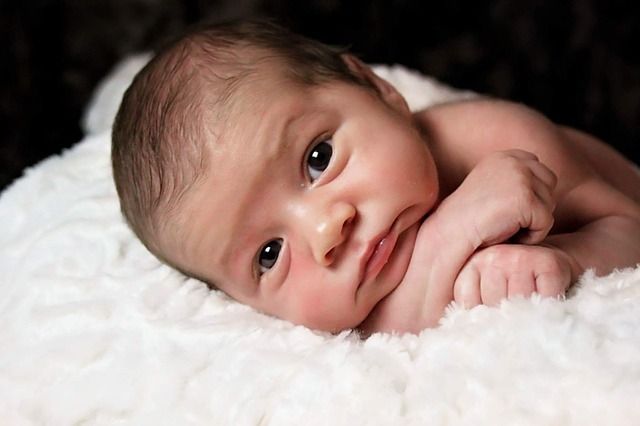Last year, 222 children were conceived in Denmark using donated eggs. That is four times as many as just two years ago.
“It’s wonderful that we are able to help so many couples with their greatest desire in life: namely to become parents,” Elisabeth Carlsen, a senior doctor at the Rigshospitalet fertility clinic, told DR Nyheder.
Since July 2016, women have been paid 7,000 kroner to donate their eggs – a big jump from the 2,400 kroner offered previously.
“There is no doubt the compensation before the change of legislation was too low,” said Carlsen.
Still waiting lists
Before the change, an average 57 children a year were conceived via donated eggs. But now the higher number of donations has encouraged more couples to become pregnant through the official channels in Denmark, rather than travel abroad.
READ MORE: Wanted: eggs. For sale: sperm.
Even though there has been an increase in donations, couples still have to wait as long as a year before they can conceive. The waiting time before the compensation was increased was as long as two years.















